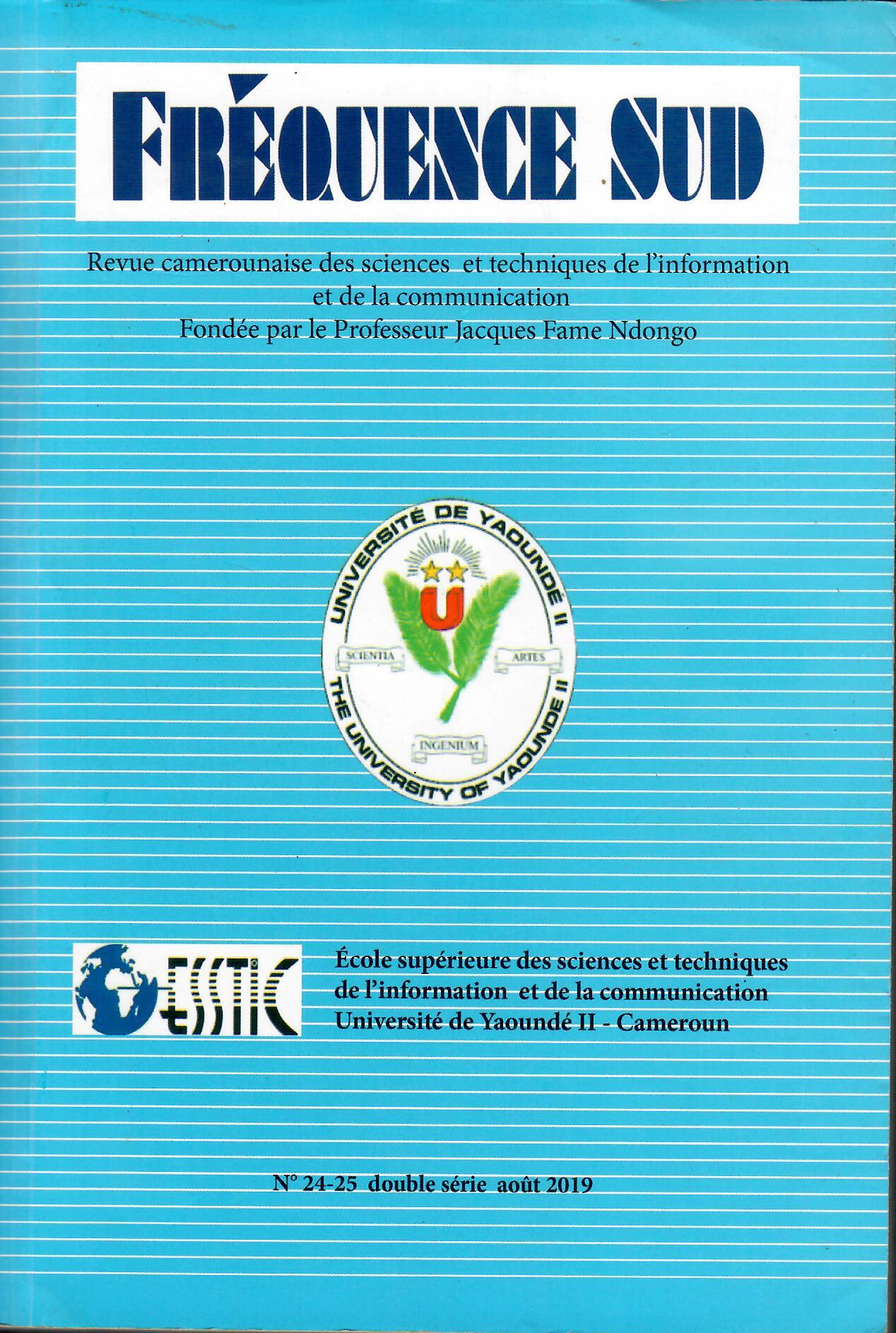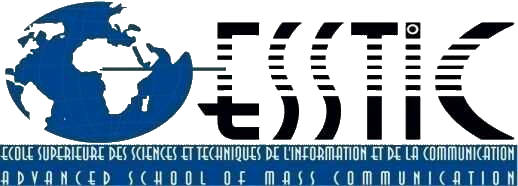PATRIMONIALISATION NUMÉRIQUE DES LANGUES AFRICAINES
Résumé
RESUME
Ce travail restitue les résultats d’une étude portant sur la constitution des documents rédigés en langues camerounaises. Comment s’effectue le passage vers la « scripturalité » de langues locales, restées pendant longtemps sous la seule forme orale ? Quels sont les profils des acteurs engagés dans ces processus ? Quels types de documents en résultent ? Quels sont les enjeux liés à la patrimonialisation des langues africaines via les processus de « documentarisation » ? Quelles sont les méthodes et outils pouvant contribuer au développement des langues africaines et à leur généralisation dans un contexte mondialisé ? Dans quelle mesure le patrimoine documentaire linguistique africain peut-il contribuer au développement du continent ? Basée sur la triangulation des données, l’approche de ce travail se veut qualitative, interrogeant divers acteurs impliqués dans la « documentarisation » et l’apprentissage des langues camerounaises. Il apparaît qu’un procédé de passage des langues africaines de l’oralité au document papier et/ou numérique a été développé. Les documents en langues africaines se révèlent comme des canaux formels et efficaces de transmission de la connaissance. La numérisation des langues africaines facilite l’accessibilité des documents qui en résultent. Le développement, et la vulgarisation des applications interactives et ludiques permettent la généralisation desdites langues auprès des publics jeunes. Ce travail montre aussi que la pérennisation des langues africaines charrie des enjeux socio-culturels et scientifiques.
Abstract
This work presents the results of a study on the constitution of documents written in Cameroonian languages. How is the passage towards the “scripturality” of local languages, which have remained for a long time in the only oral form? What are the profiles of the actors involved in these processes? What types of documents result? What are the issues related to the heritage of African languages through the process of “documentarisation”? What methods and tools can contribute to the development of African languages and their generalization in a globalized context? To what extent can the African linguistic documentary heritage contribute to the development of the continent? Based on the triangulation of data, the approach of this work is qualitative, questioning various actors involved in the “documentarisation” and learning of Cameroonian languages. It appears that a process of passage of African languages from orality to paper and / or digital document has been developed. Documents in African languages are proving to be formal and effective channels for the transmission of knowledge. The digitization of African languages facilitates the accessibility of the resulting documents. The development and popularization of interactive and fun applications allow the generalization of these languages among young audiences. This work also shows that the perpetuation of African languages carries socio-cultural and scientific issues.


